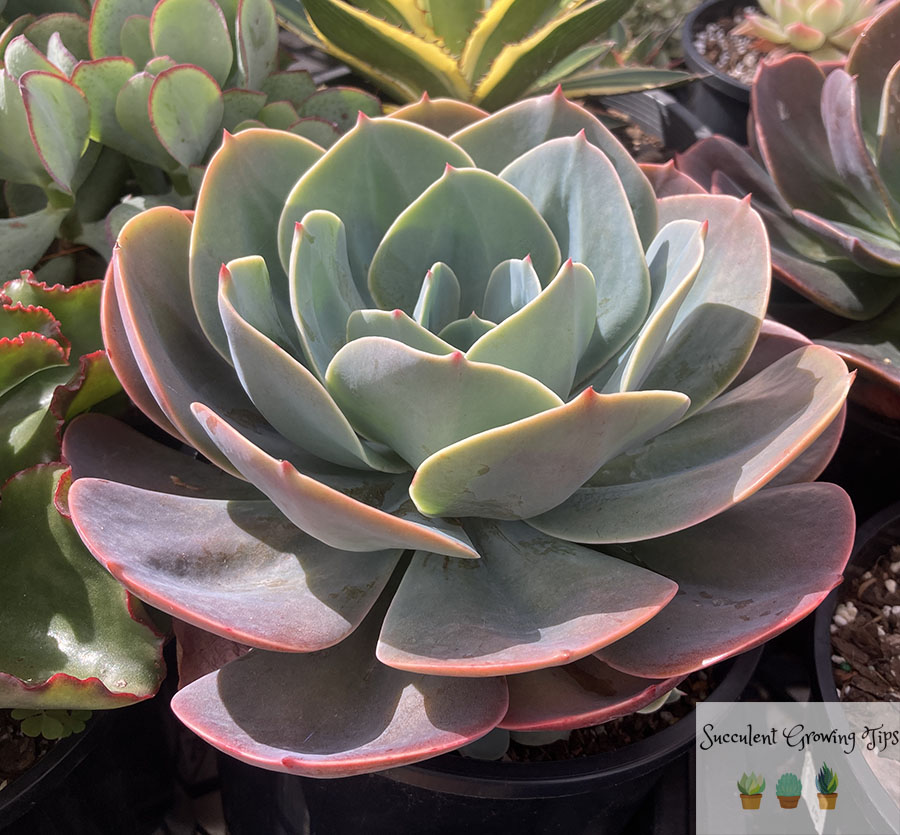Your cart is currently empty!
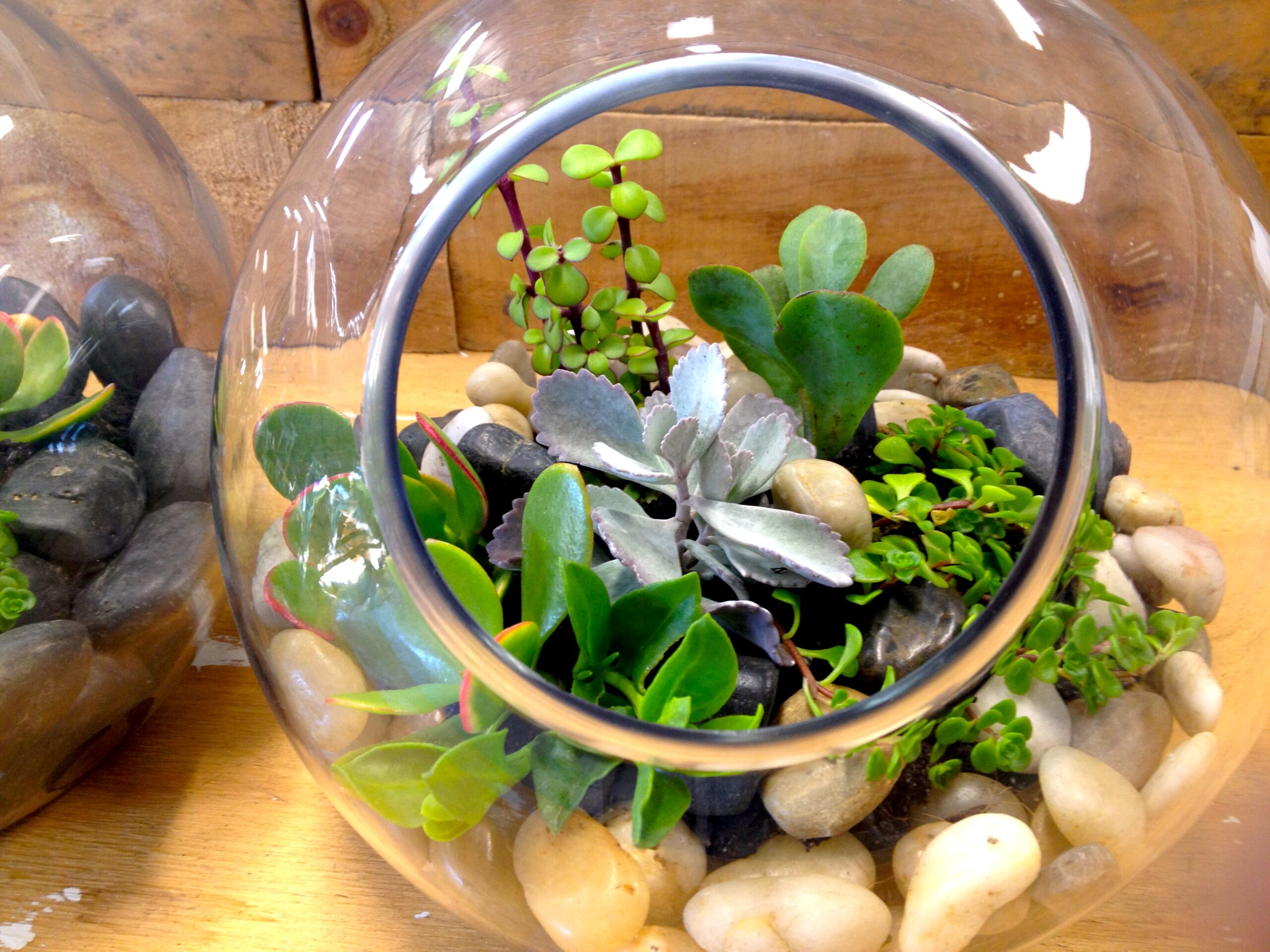
Can You Plant Succulents In Just Rocks?
Succulents should not be planted in just rocks for the long term. It is not recommended to grow a succulent in a pot or a jar without potting mix to support the roots.
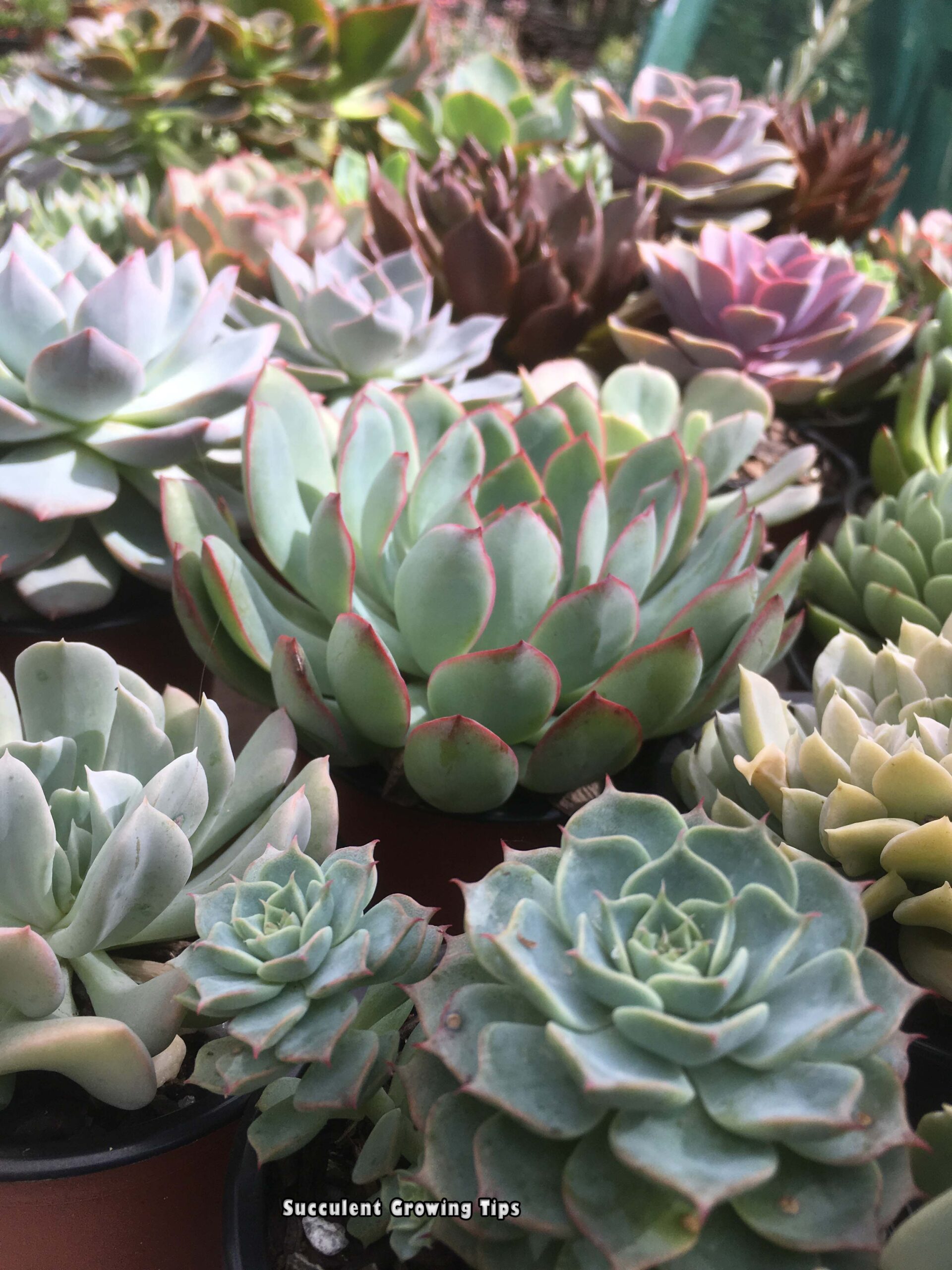
5 Ways To Make Succulents Grow Bigger
Although the majority of succulents are exceptionally hardy and will spread, grow and multiply easily without much human input, some may need a bit of help and extra love to grow bigger.
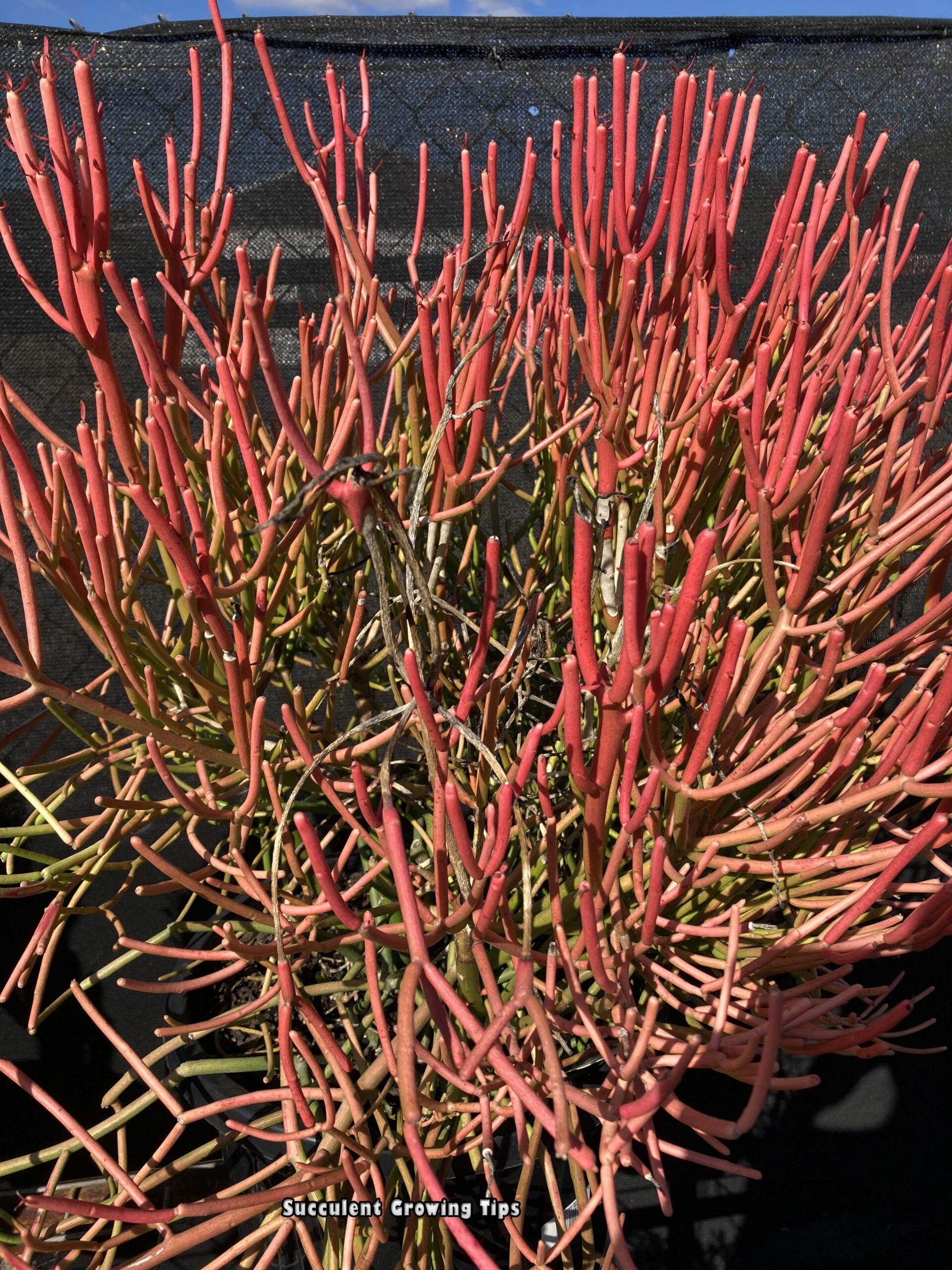
Can Succulents Cause Cancer? Everything You Need To Know
According to research there is so far no evidence that would suggest that simply coming into contact with succulents does cause cancer. However, there was one study which specifically looked at the Euphorbia Tirucalli aka ‘African Milk Bush’ or ‘Firesticks’, which had some interesting findings. Please refer to the linked articles below.
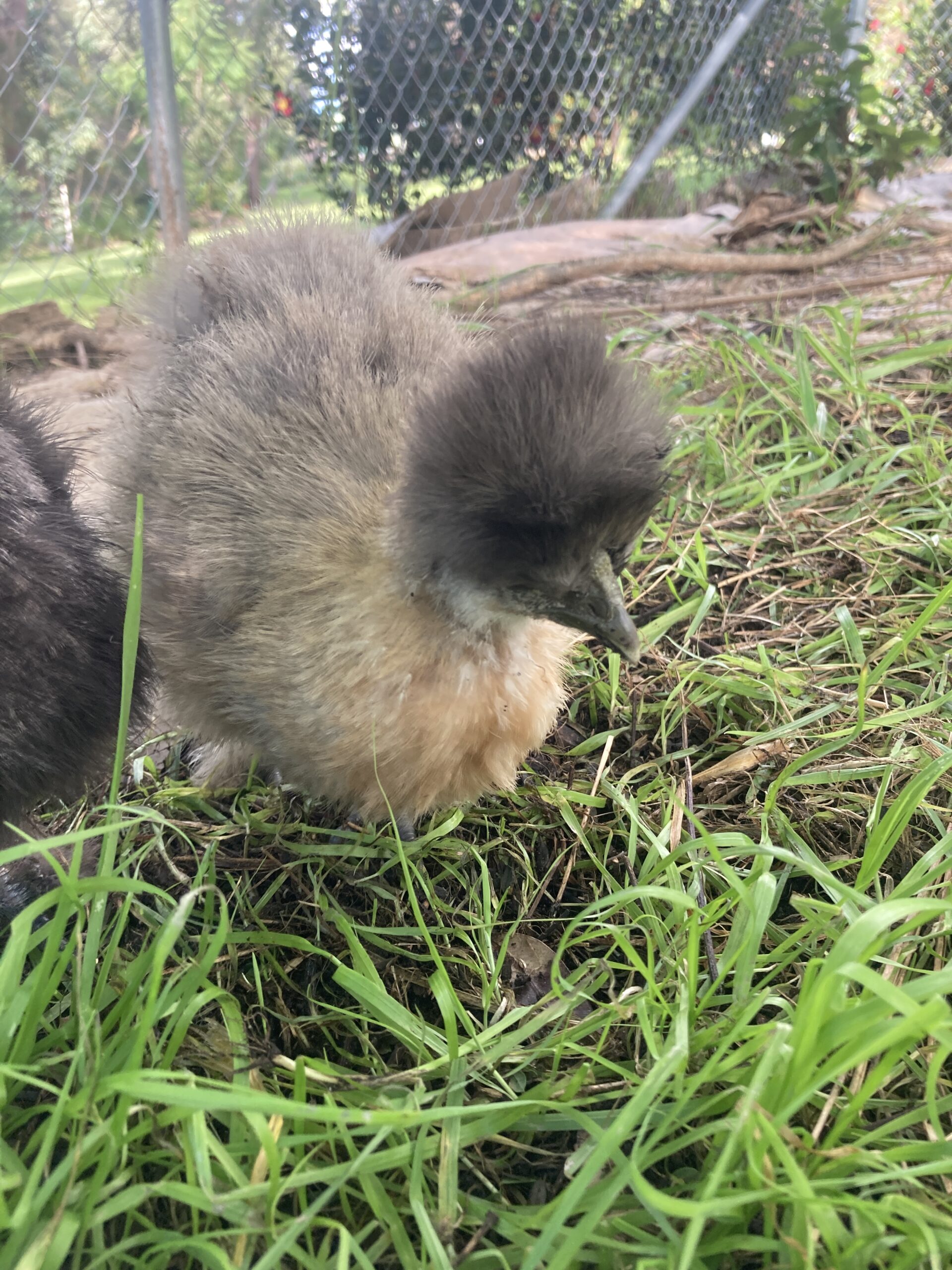
Can Chickens Eat Succulents?
Chickens do and can eat succulents. There are some succulents that are considered healthy for chickens. However some varieties can potentially make a chicken sick. It’s always best to check first.
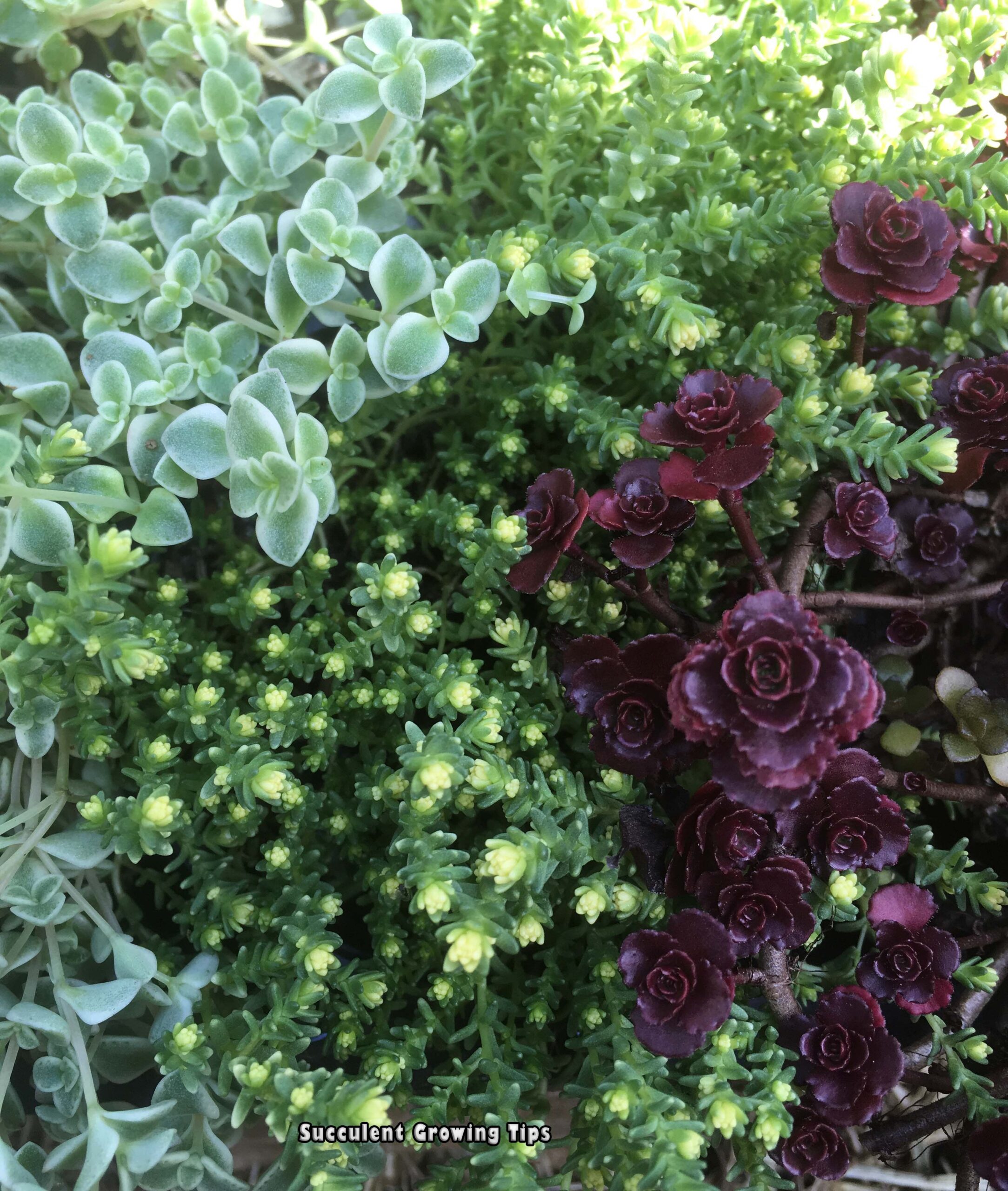
The Best and Most Hardy Groundcover Succulents
Groundcover succulents come in many fantastic shapes and colours. They can be very hardy, easy to grow and fast spreading. The best thing about groundcovers is that they can help hide unsightly bits of the garden, retaining walls or make a colourful filler in between other plants
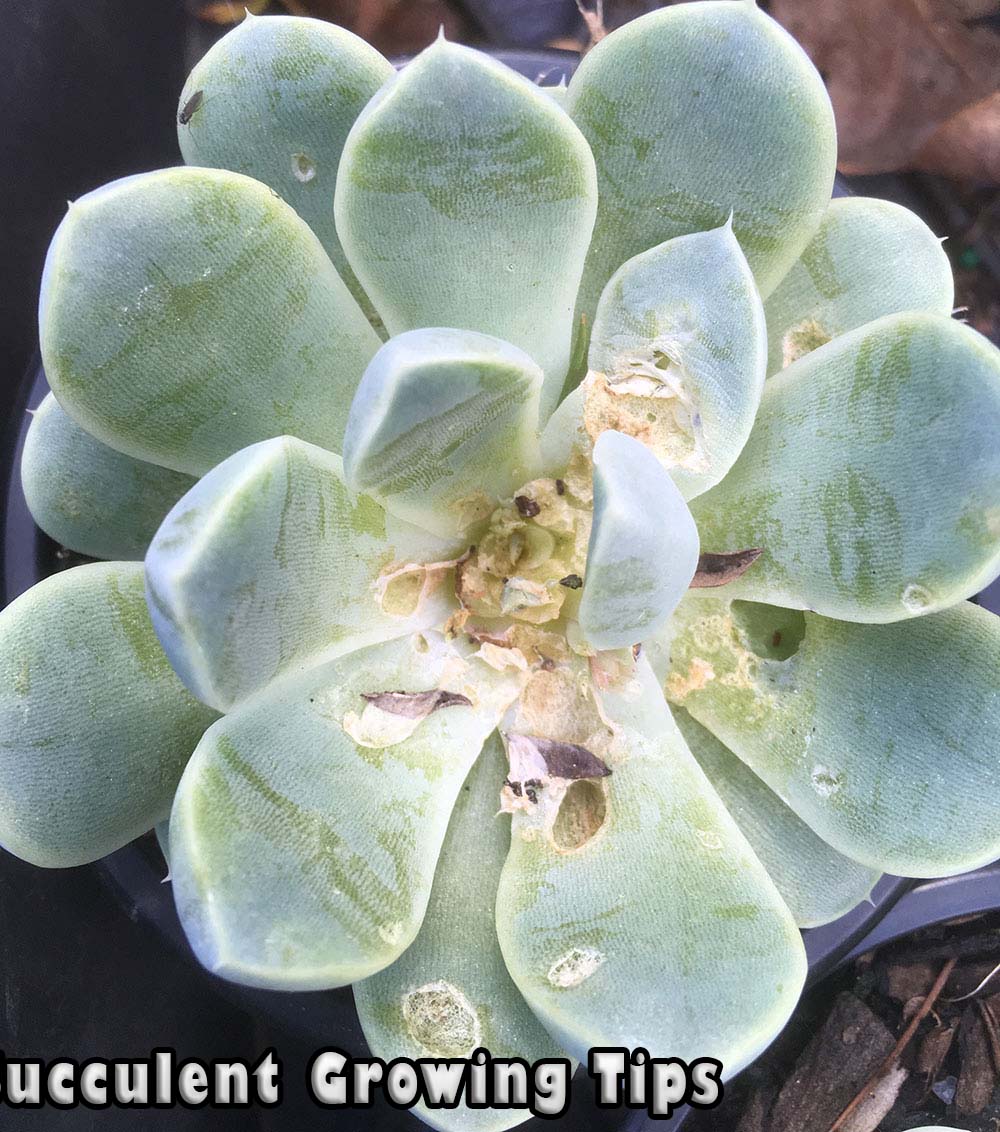
The Animals That Love To Eat Succulent Leaves
The list varies depending on where in the world you are, but the most common animals that eat succulents around the world are aphids, mealy bugs, caterpillars, grasshoppers, snails and slugs.
